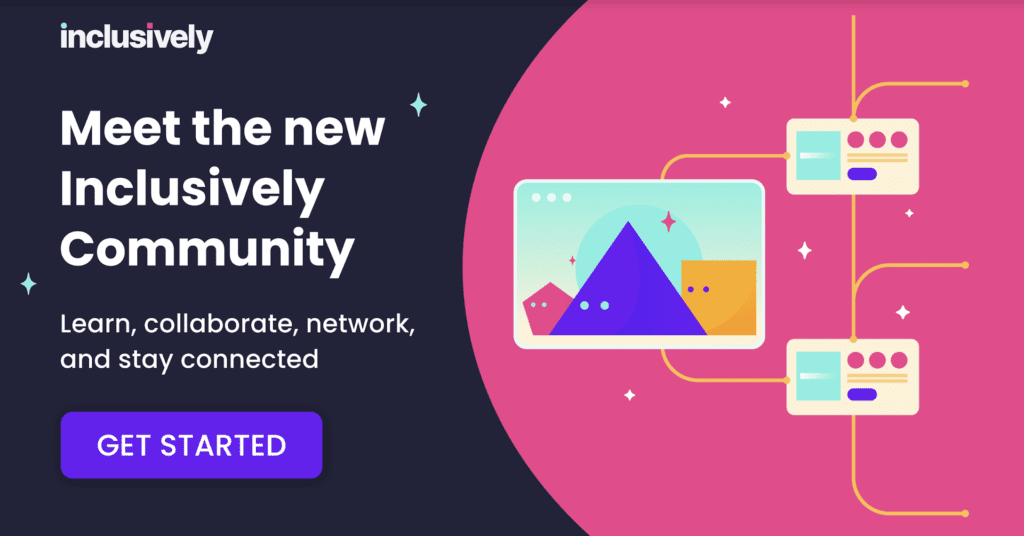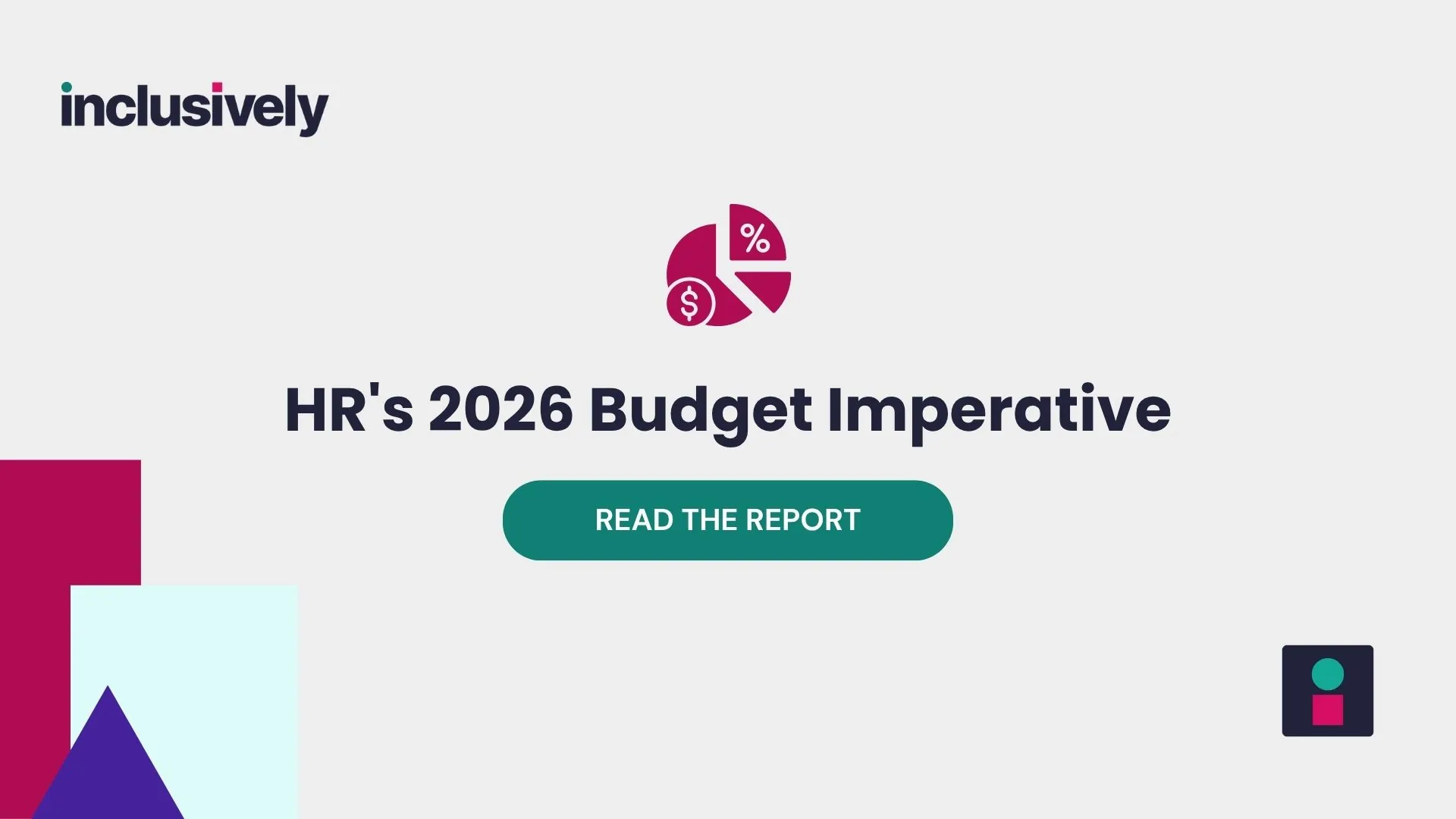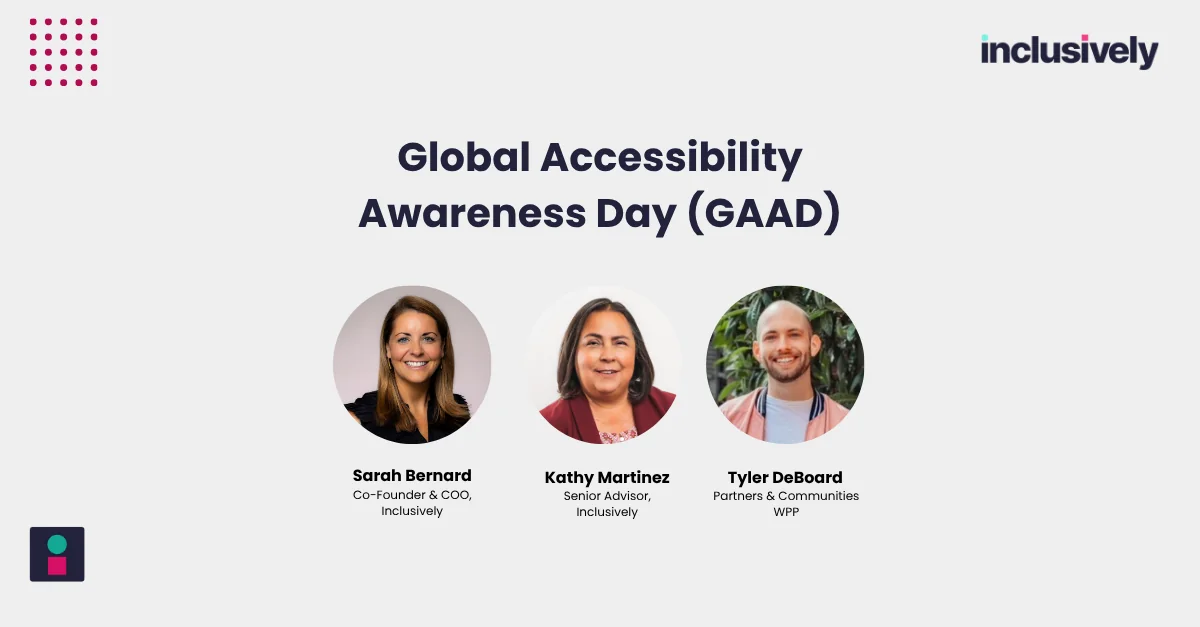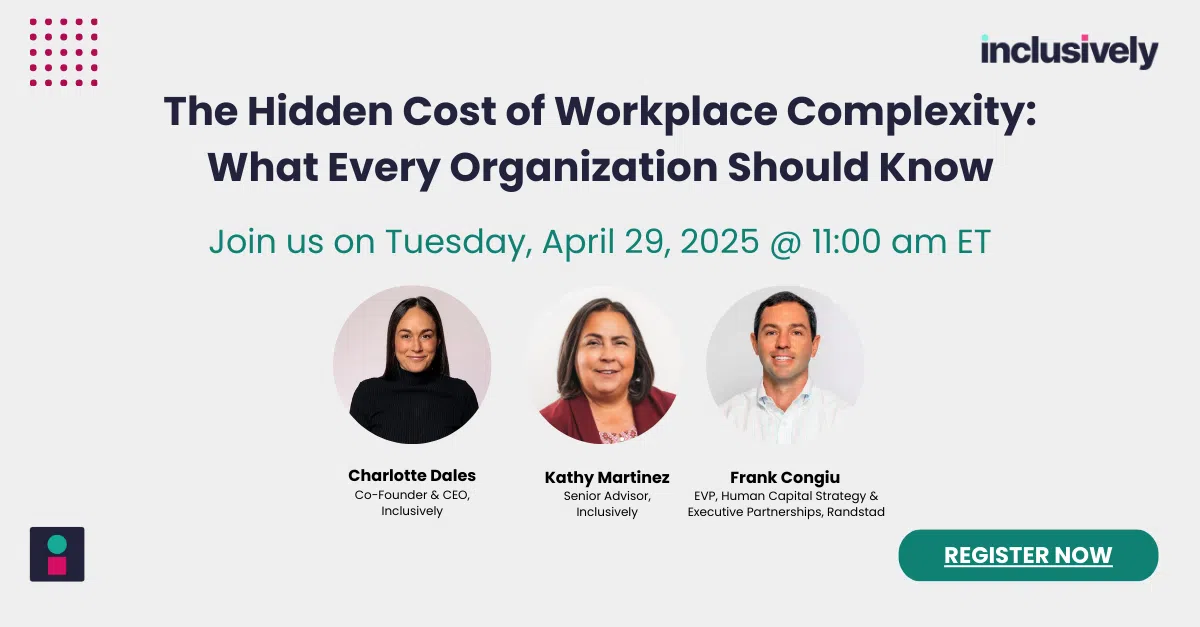Updated on October 2nd, 2023
Titles. Salary. Opportunities to get promoted.
In the modern working era, these were the things that we were told drove happiness in the workplace.
But under the surface, other issues were just as important — but that workers couldn’t find the language for or felt uncomfortable asking about.
Job alignment. Flexibility with hours. Work-life balance. A culture that’s diverse, equitable, and inclusive, and driven by a meaningful mission (beyond just talking about it). These things make the modern worker happier, more productive, better at their jobs — and more likely to go above and beyond for their employer.
During the Great Resignation, these priorities came into sharper focus. They’ve always driven the increasingly vocal — and increasingly powerful — next generation of workers, but the pandemic threw these trends into hyper-drive as millions reassessed their lives, and the role work plays in it.
The new generation of workers has different priorities
Gen Z and Millennials prioritize flexibility. According to Deloitte, they deem it as the most important characteristic of a successful business. Culture and mission, always important to this generation, became even more so during the pandemic. People had more time to think about what they wanted to spend their lives doing — and many decided that they wanted to work for a company with a mission and culture that aligns with their values.
Gen Z and Millennials are also used to accommodations for them and their peers. They grew up in an education system that recognized their learning disabilities and gave them resources to improve their mental health. They now expect the same from their employers. Instead of the “one-size-fits-all” approaches many employers take regarding work, the new generation of workers want approaches tailored to their individual needs.
With the rise of remote work during the pandemic, people outside of these younger generations also saw the benefits of a flexible employer. More adaptable jobs had a significant impact on their happiness and life.
Personalized workplace
The modern worker wants to personalize their job so they can be more effective at it (and less likely to leave). People are used to personalization, from the food they buy to the products they use to the movies they’re recommended on Netflix. Now, they’re expecting the same thing from work.
Maybe they want to start and end work early on certain days so they can pick a child up from school. Maybe they want meeting transcripts because of how their brains process auditory information. Maybe they work better at home on “heads-down” tasks and better in the office when it’s time to collaborate. Maybe they’re trying to start or expand a family, and would rather have access to certain medical benefits than others.
All of these things, if offered by an employer, would not only make this person better at their job and more productive — it would make them go above and beyond for said employer. It would make them more likely to stay, reduce costs around retention, and lead to the kind of culture CEOs dream about. A more accommodating workplace is also a more diverse one, and more closely aligns with most companies’ stated missions (and workers’ preferences).
But most companies lack a structured process for prospective or current employees to ask for these things. Prospective employees don’t say what they want because they worry about its impact on their chances of getting hired. Current employees don’t want to rock the boat.
Harnessing Preference Insights for Mutual Growth: A Dive into Inclusively’s Progressive Platform
At Inclusively, we’ve created a platform that allows candidates to identify their preferences and accommodations for how they work — just like they do in other areas of their life.
This is how it looks on the platform: candidates upload their profile and take a quiz on their preferences. These preferences then go on their profile. Employers have this information on the front end, down to the job level — so if all of their software engineering candidates are asking for “heads-down” time at home to code and complete projects, they’ll see the trend.
The employer sees their preferences and requests whenever someone applies for a job. They gather invaluable data on what workers want and what they need to perform optimally. They get real-time information on how to provide these things.
This data builds up over time. With the right process and tools in place, employers could not only collect data on the reasons employees might leave, but they can also mitigate those reasons. Companies can use this information to adjust policies and invest in programs that people actually want — like on-site mentorship and digital executive coaching. We’re also working on a platform version where current employees can notate their preferences.
By contextualizing the things a worker wants, companies improve metrics like time to hire and quality of candidates. They increase retention. They ensure viable placements, reducing turnover and saving on costs.
The result is a higher conversion rate for the company and more quality candidates who know they want to work there. It’s a scalable solution to the future of work’s biggest problem.
Beyond the Paycheck: Navigating the Modern Work Expectations of Millennials and Gen-Z
The rise of startups has made it easier for people to find companies that offer flexible work arrangements and other benefits, embodying a ‘shopping cart’ method of finding companies that accommodate their holistic needs, a trend predominantly led by Millennials and Gen-Z.
This modern approach emphasizes a well-rounded work environment unlike traditional job-seeking paradigms focused predominantly on high salaries. With their inherent flexibility, startups are also increasingly able to compete with bigger companies regarding salary.
The Fortune 1000 companies that can compete on this level of flexibility and “work quality of life” will increasingly win the war for talent. The ones who don’t will find it increasingly hard to lure modern workers — especially young ones.
It’s no longer simply about salary, job titles, and opportunities for upward mobility.
It’s about all the things that make people enjoy coming to work.



